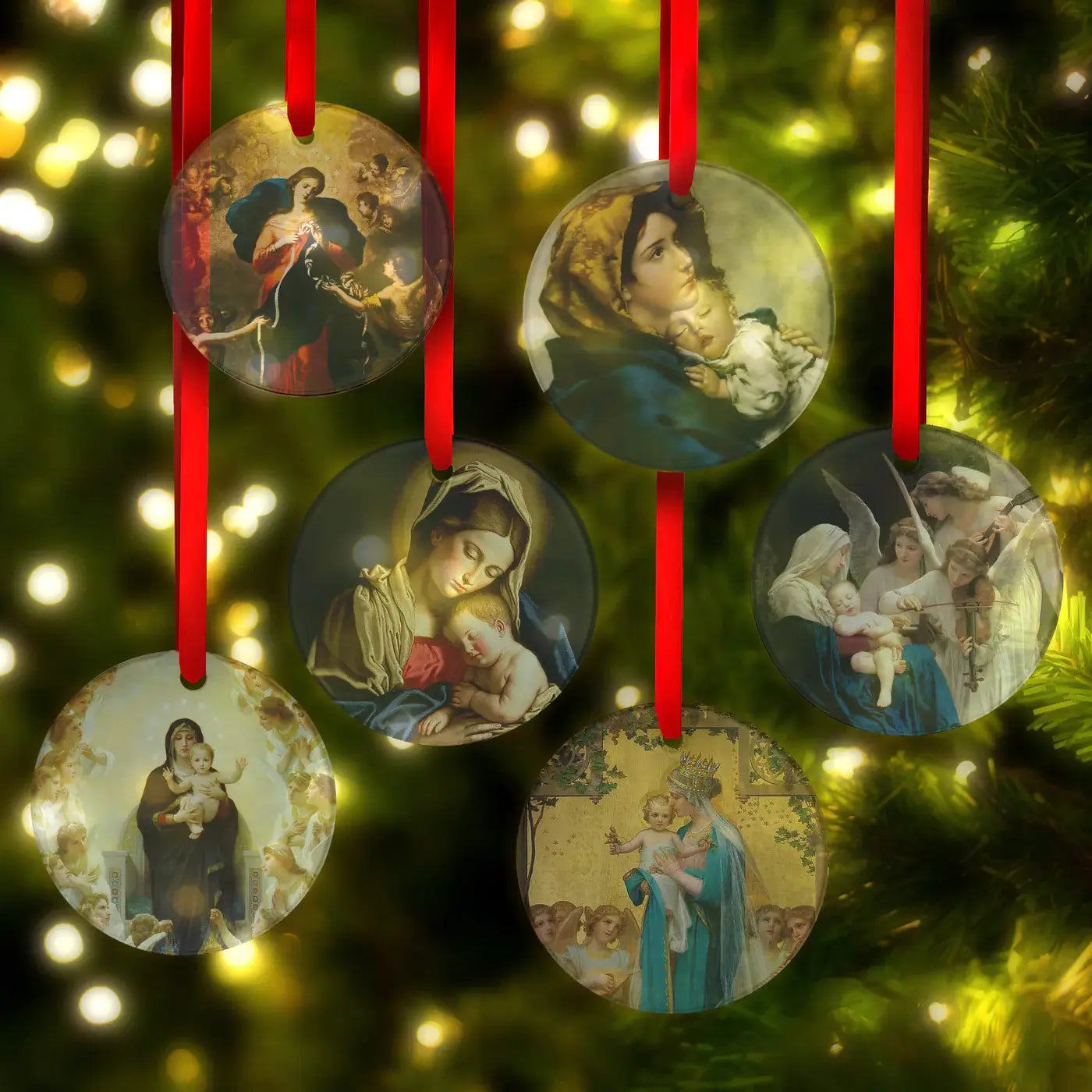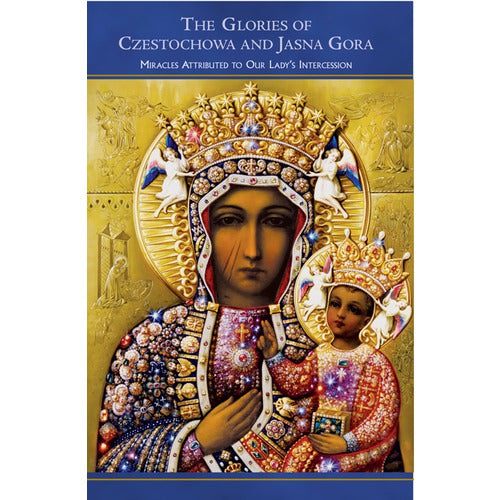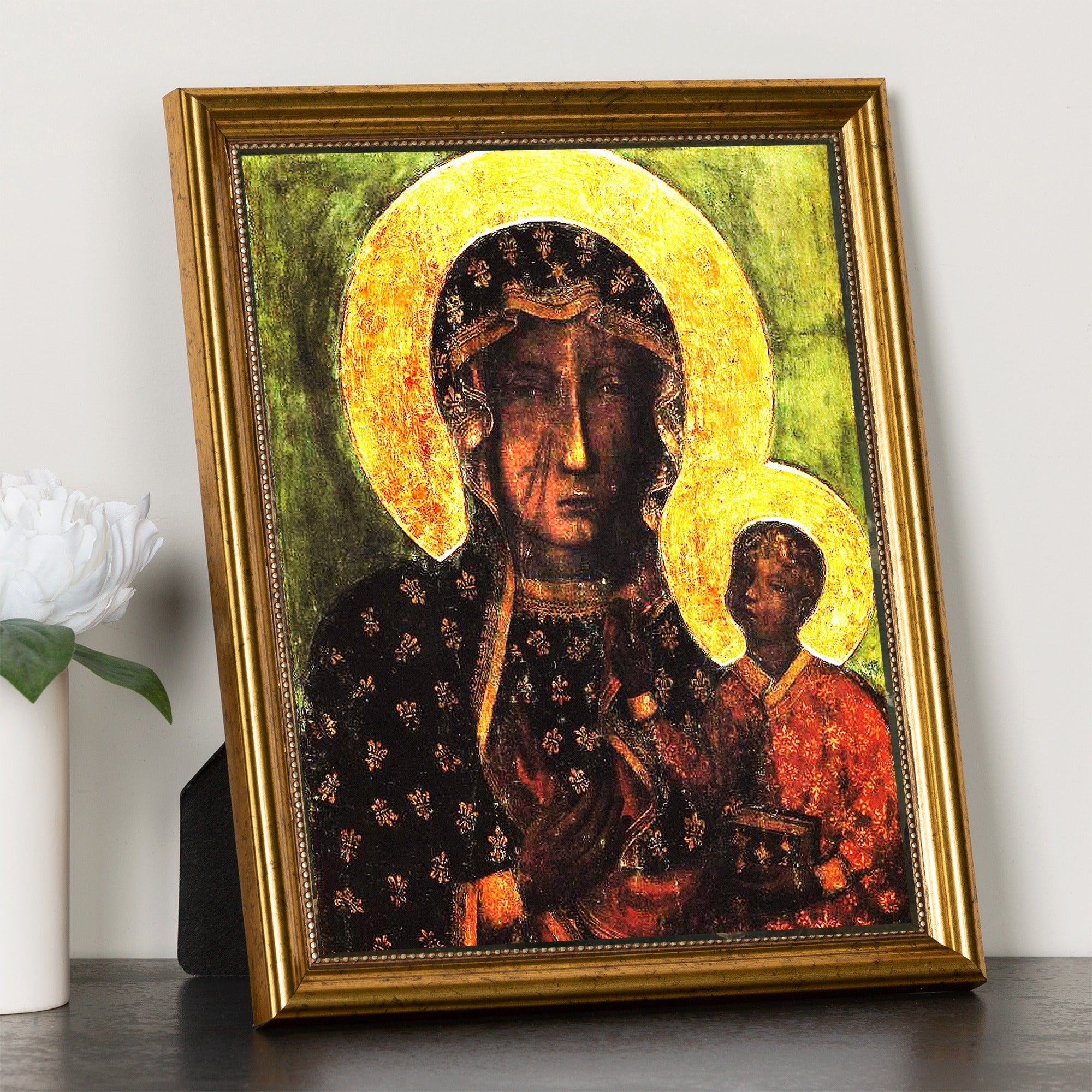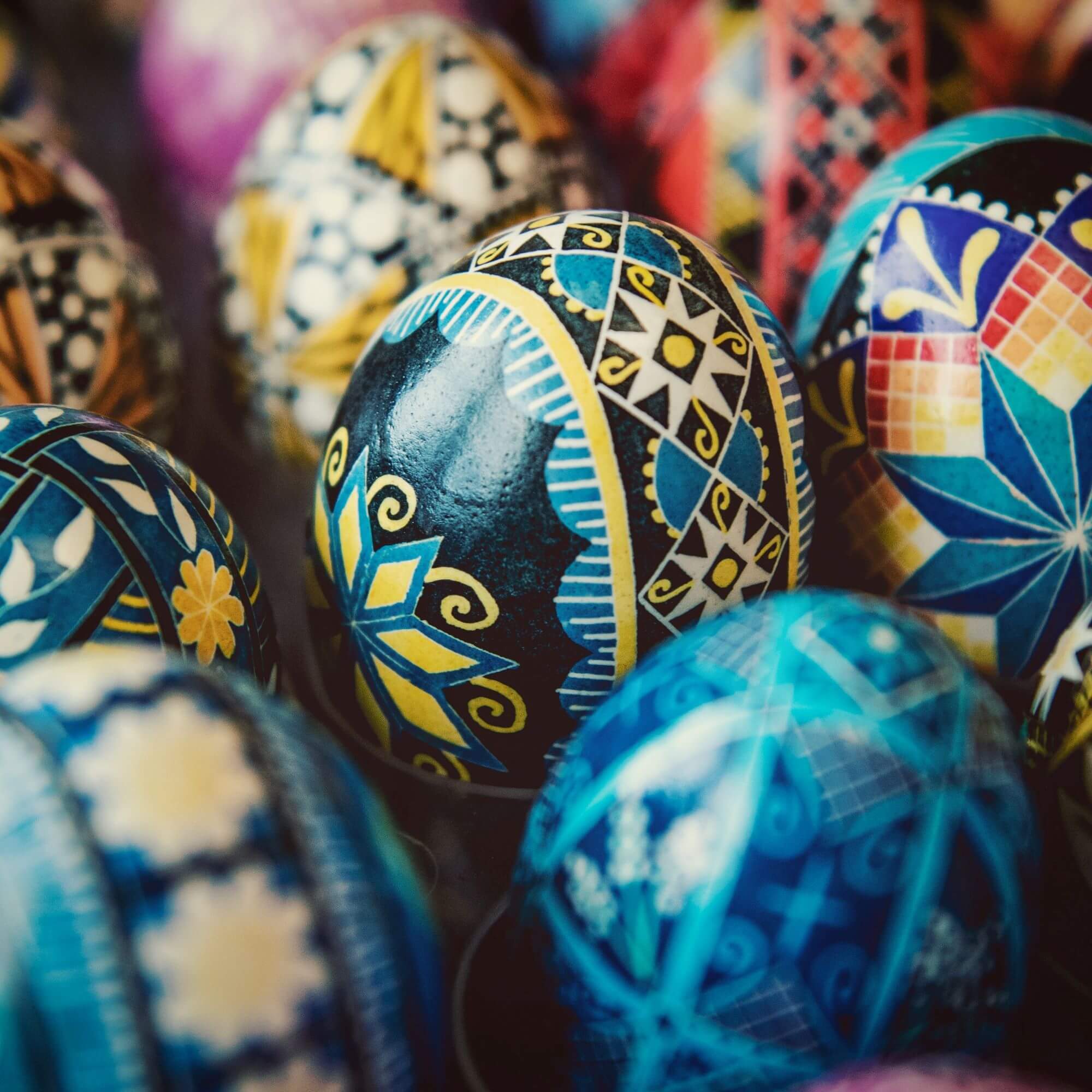You had to be careful when you crossed the Krakow square at night, especially in bad weather. There was no telling what might be concealed there in the dark. For instance, you might bump into the prince and disturb him while he prayed.
The prince—named after his father, King Casimir IV—had been noted for his piety from a very young age. Under the care of his priest-tutor, the boy’s faith leaped and bounded far above that of his peers—and probably of most men in the kingdom.
Young Casimir was born in Krakow in 1458, the second son to the king. His father taught him about all the affairs of politics and ruling, and Casimir quickly showed a special aptitude for these affairs.
By the tender age of thirteen, his father evidently considered him quite able to rule on his own, for Casimir IV, heading a group of Hungarians dissatisfied with their own king, urged the boy to take the crown of Hungary.
The attempt was not successful and Casimir returned to his native Poland. A few years later, however, Casimir displayed his kingly abilities by ruling Poland as regent while his father was away in Lithuania.
But that is where Casimir’s princehood ended, for him. He was not interested in marriage. He was not ambitious to have his own kingdom. He was totally devoted to Christ and His Blessed Mother.
That is why he spent hours praying in front of the church in all weather. He performed great fasts and mortifications. He eschewed the softness and luxury of court life.
His real work began after his death at the young age of twenty-five.
So many miracles occurred at his tomb that he was canonized just forty years after his death. Poland and Lithuania claim him as their patron saint.
St. Casimir had a special devotion to the Blessed Mother. He most likely knew and loved the devotion to Our Lady of Czestochowa, which had come to his native land but a short while before. Countless miracles have been wrought through Our Lady’s intercession, some of which are detailed in The Glories of Czestochowa and Jasna Góra. Revealing the rich history of Our Lady of Czestochowa’s relationship with Poland, these pages discuss the miracles and meaning behind the beautiful Polish devotion. Get your copy today at The Catholic Company!





























